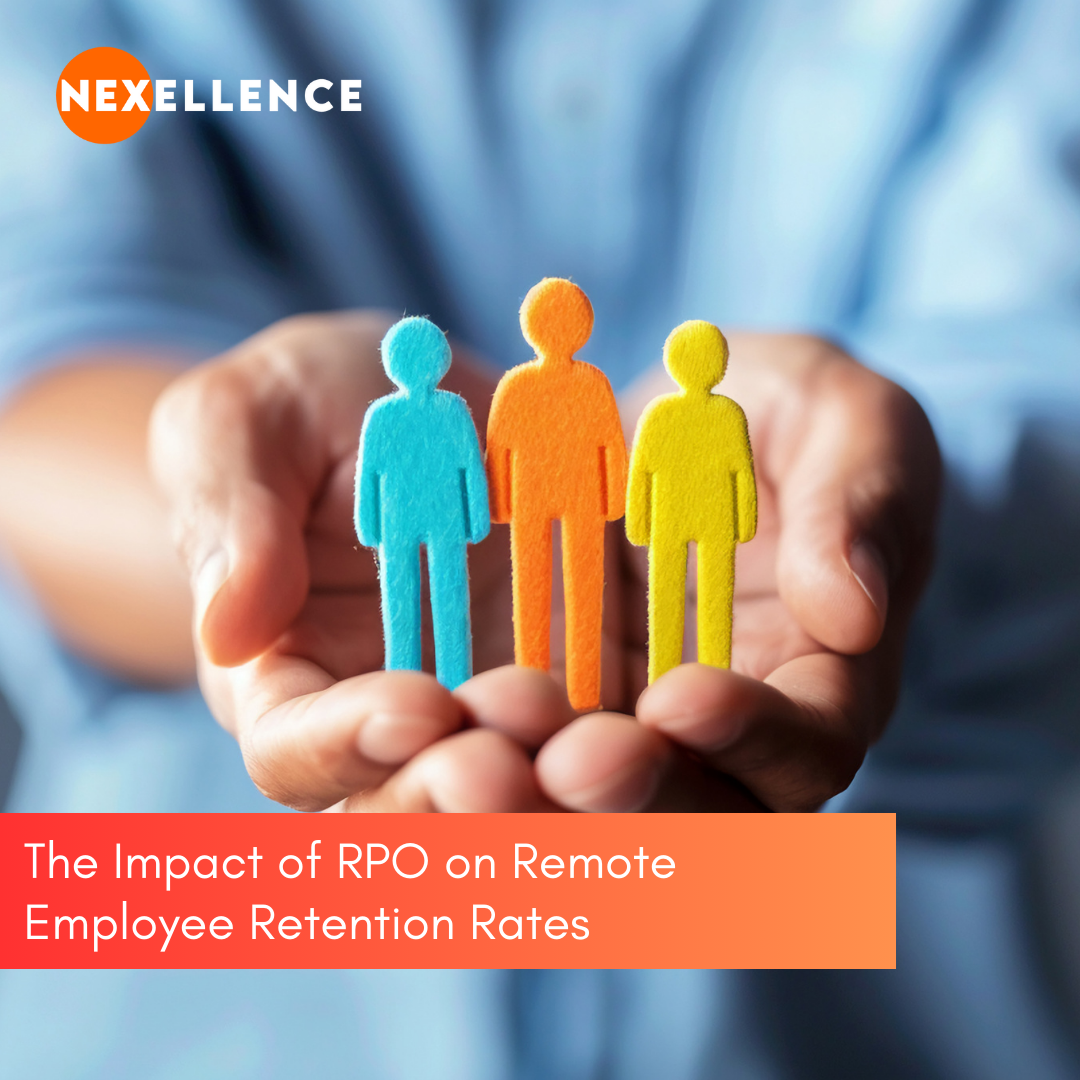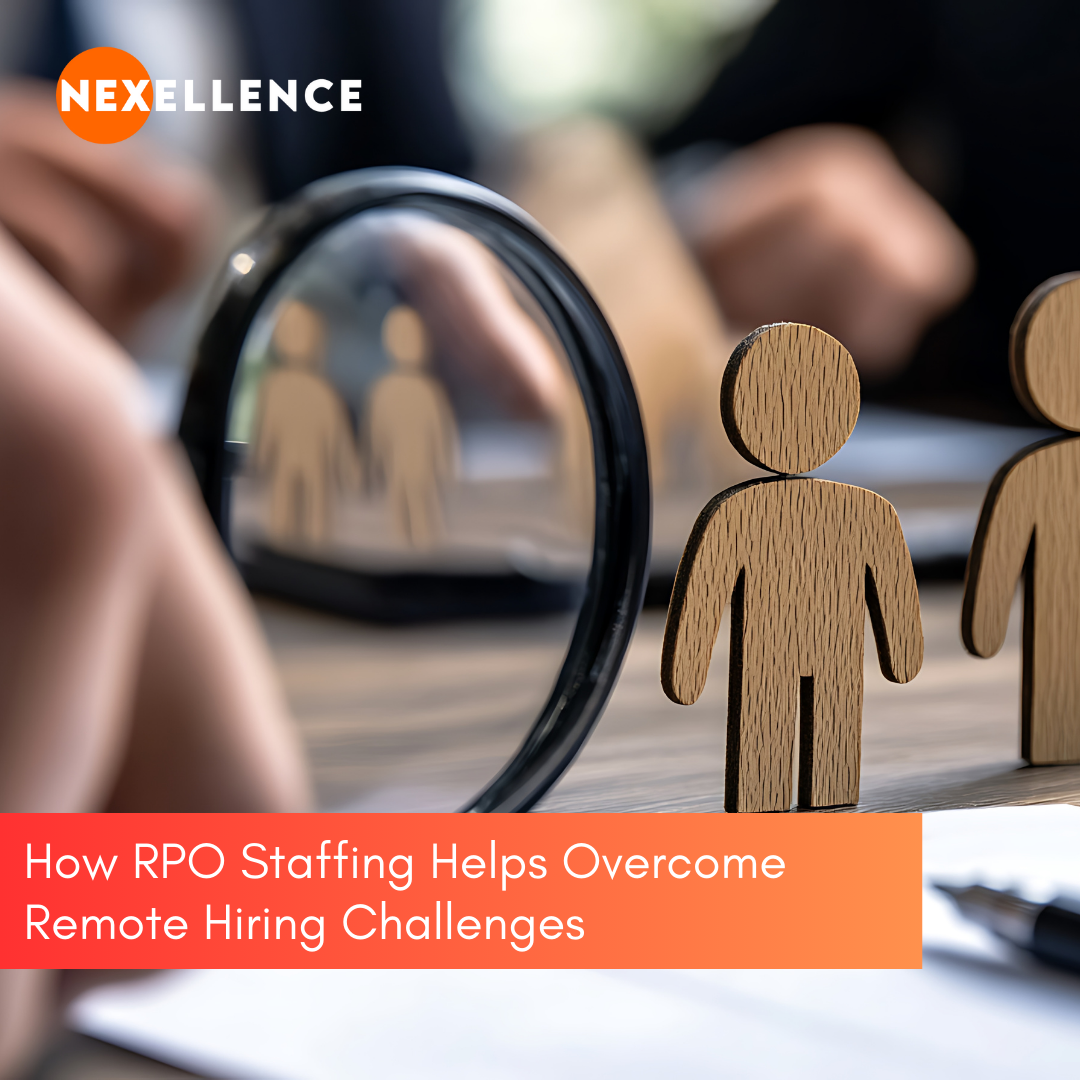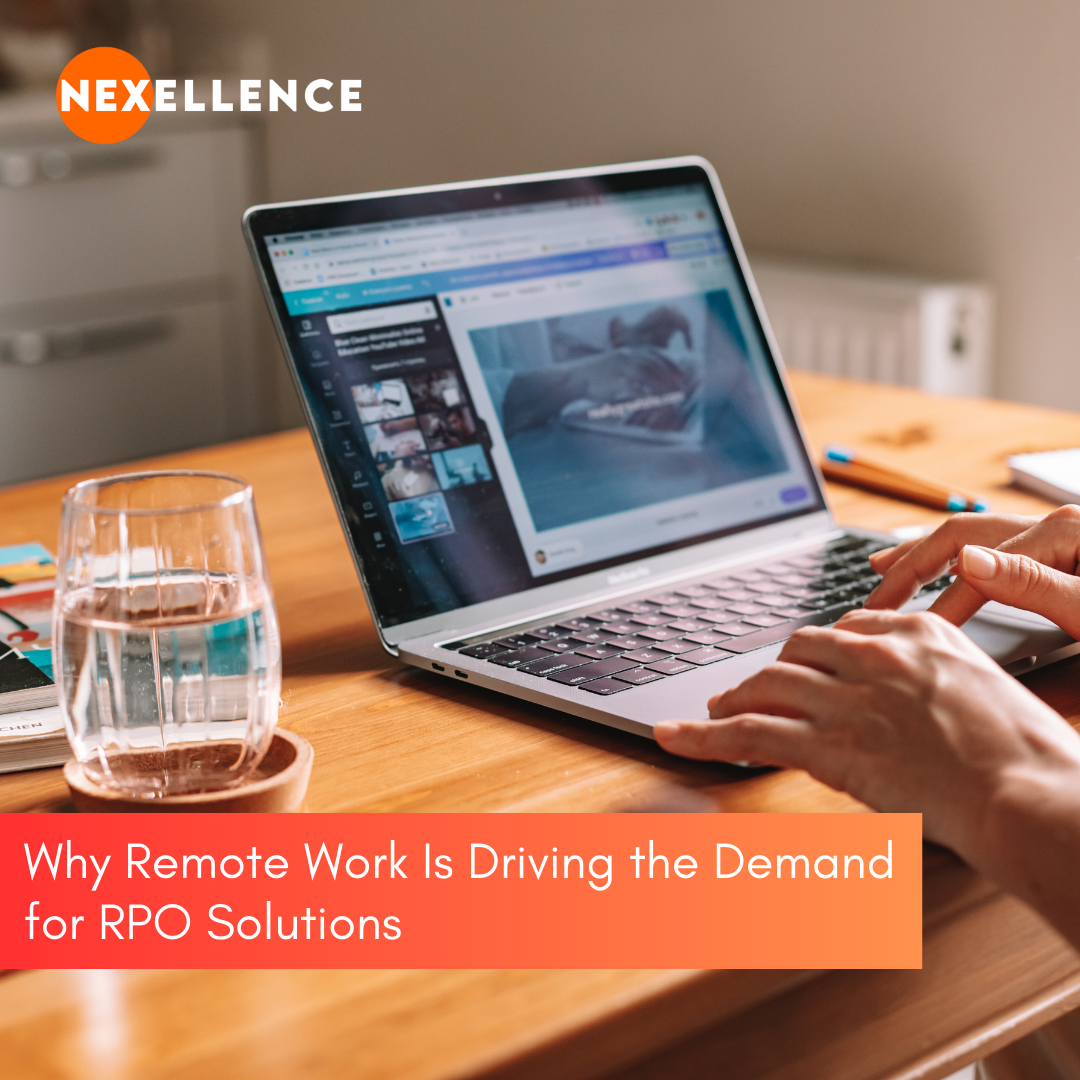Recruitment Process Outsourcing (RPO) has become an increasingly popular solution for businesses looking to streamline their hiring processes and find top talent in a competitive job market. As the landscape of talent acquisition continues to evolve, several key trends are shaping the RPO industry. In this blog post, we’ll explore five of these trends and their impact on RPO providers and their clients.
1. Emphasis on Candidate Experience
In today’s digital age, candidates have higher expectations when it comes to their interactions with potential employers. RPO providers are placing a greater emphasis on creating positive candidate experiences throughout the recruitment process. This includes personalized communication, transparent feedback, and user-friendly application processes. By prioritizing candidate experience, RPO providers can attract top talent and enhance their clients’ employer brands.
2. Adoption of Artificial Intelligence and Automation
Artificial Intelligence (AI) and automation technologies are revolutionizing the recruitment process by streamlining repetitive tasks, improving efficiency, and enhancing decision-making. RPO providers are leveraging AI-powered tools for tasks such as resume screening, candidate sourcing, and interview scheduling. Automation not only accelerates the hiring process but also enables RPO teams to focus on strategic activities such as candidate engagement and relationship-building.
3. Focus on Diversity, Equity, and Inclusion (DEI)
Diversity, equity, and inclusion have become critical priorities for businesses seeking to build inclusive work cultures and diverse teams. RPO providers are aligning their recruitment strategies with DEI principles to attract and retain talent from underrepresented groups. This includes implementing bias-free hiring practices, partnering with diverse talent networks, and providing DEI training for recruiters and hiring managers. By prioritizing DEI initiatives, RPO providers help their clients build stronger, more inclusive teams that drive innovation and success.
4. Rise of Hybrid and Flexible Work Models
The COVID-19 pandemic has accelerated the adoption of hybrid and flexible work models, allowing employees to work remotely, in-office, or a combination of both. RPO providers are adapting their recruitment strategies to accommodate these evolving work preferences. This includes sourcing candidates with remote work experience, facilitating virtual interviews and onboarding processes, and offering flexible hiring options to meet the diverse needs of clients and candidates alike.
5. Enhanced Data Analytics and Reporting
Data analytics and reporting have become essential tools for measuring the effectiveness of recruitment efforts and optimizing hiring strategies. RPO providers are leveraging advanced analytics platforms to track key metrics such as time-to-fill, cost-per-hire, and candidate quality. By analyzing data trends and performance metrics, RPO teams can identify areas for improvement, make data-driven decisions, and provide actionable insights to their clients for continuous improvement.
Conclusion
The RPO industry is evolving rapidly to meet the changing needs and expectations of businesses and candidates alike. By embracing trends such as candidate experience, AI and automation, DEI initiatives, hybrid work models, and data analytics, RPO providers can stay ahead of the curve and deliver value-added solutions that drive success for their clients in today’s competitive talent market.





